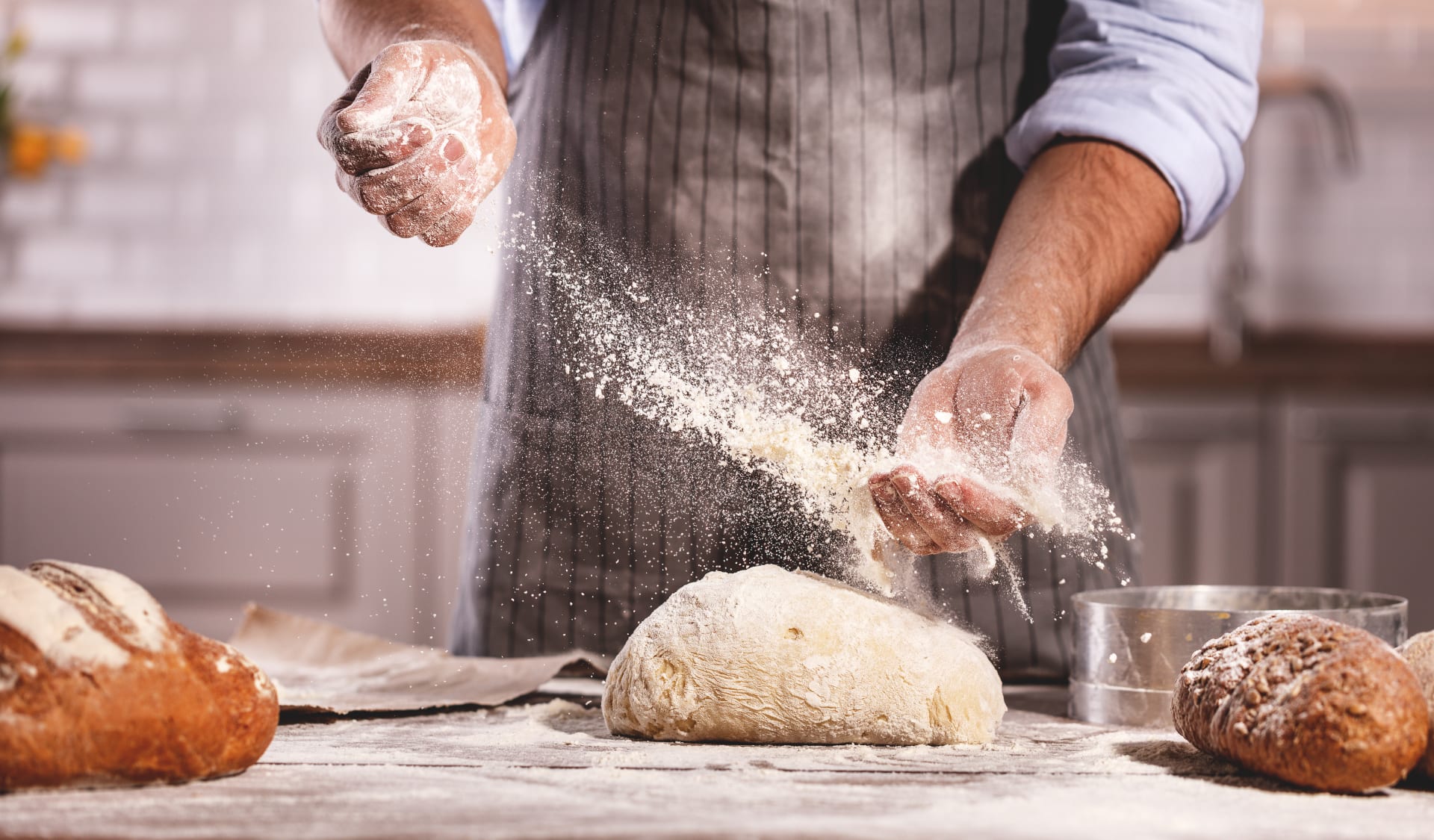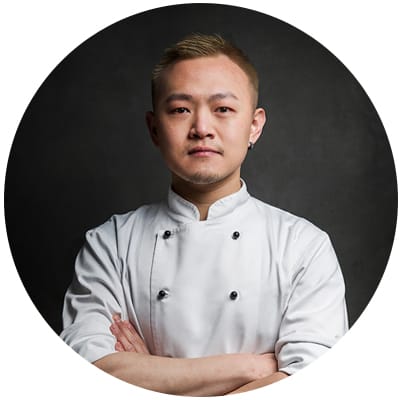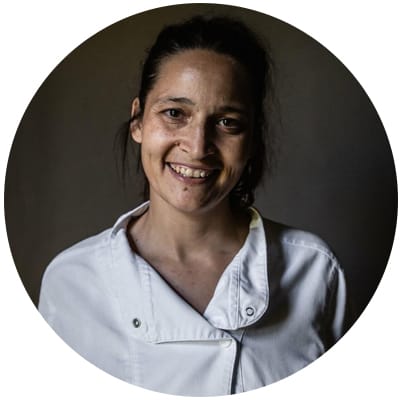You are using an outdated browser. Please upgrade your browser to improve your experience and security.
Feed people well
The issues
- Sweet gastronomy represents a treat for most. Though demonizing sweet treats is not the answer, we must bear in mind the potential health impacts
- Changing regulations around chemical additives and an increasing focus on sugar (for example the increasing use of sugar taxes) mean that chefs must be aware of the potential implications
- Dietary interests and needs are also changing. Demand is increasing for pastry and desserts that cater to allergens, requiring gluten or lactose-free offerings, and preferences such as organic, or pesticide-free
Why it matters
- Globally, expanding waistlines have huge health and cost implications for societies, many of which are seeing cases of obesity and diabetes increase
- Health concerns play an increasingly central role in customer choice. Keeping up with demand and offering dishes that are not excessively ‘un-healthy’ is as such likely to appeal to customers. As chefs, you have the power to influence customer choices for the better through your menus. It’s all about balance
Top tips to feed people well
- Experiment to reduce the sugar, salt and fat content of dishes
- Offer and promote healthier options, i.e. those with higher fruit content, lower sugar, salt and fats


